What are CTAs in Marketing? Explained with Examples
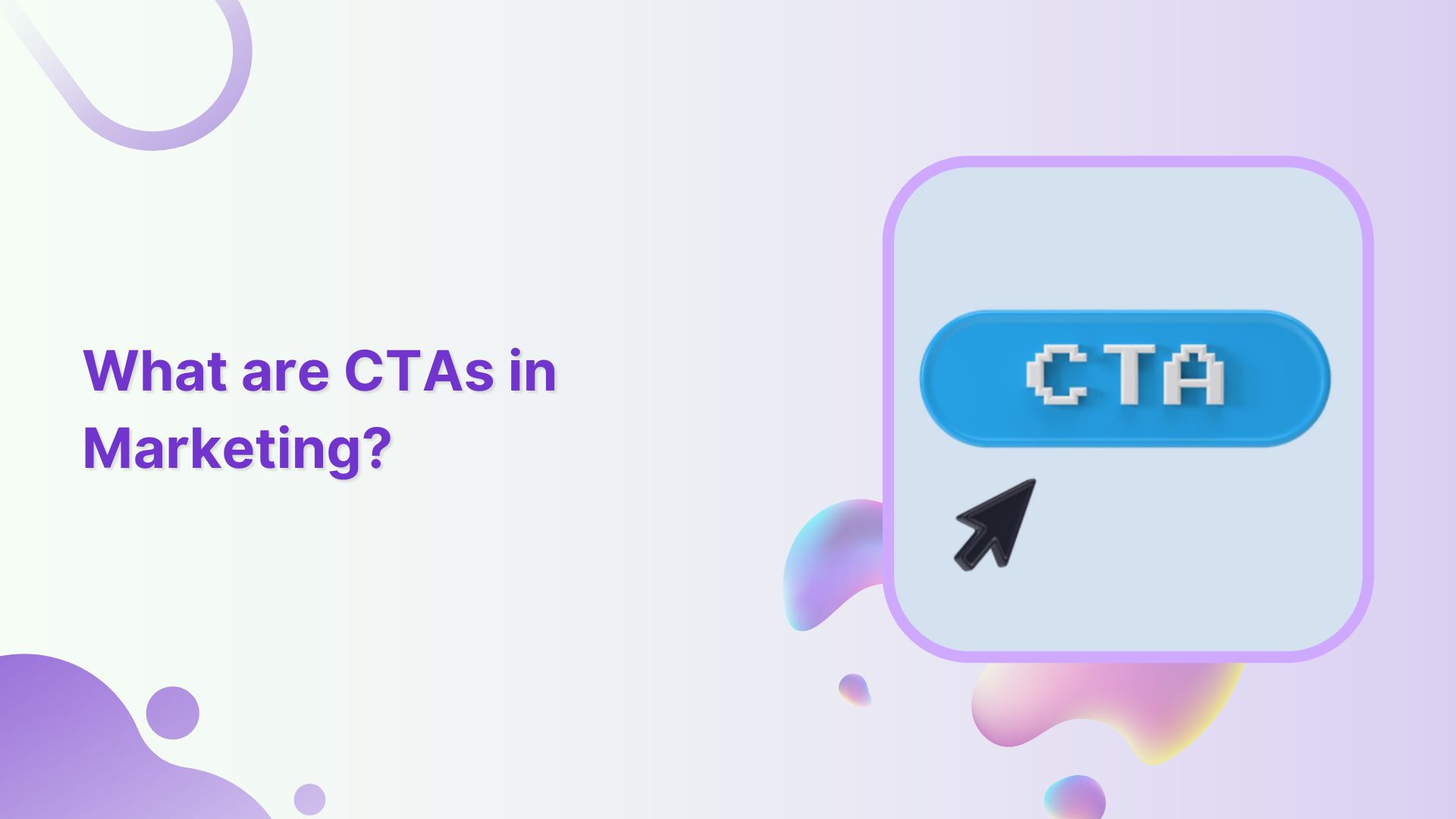
What makes a good marketing campaign into a great one? The call-to-action, aka CTA.
CTAs are the unsung marketing heroes, providing the final nudge that encourages your audience to take action. A well-crafted CTA can be the key to unlocking increased social media engagement, leads, and conversions.
But with so many different types of CTAs out there and no one-size-fits-all approach to crafting them, it can be difficult to begin.
To help you create compelling CTAs, we’ve created the ultimate guide to CTAs in marketing that explains how to create compelling CTAs.
What is a call-to-action (CTA)?

A call-to-action, or CTA, is a message that encourages your audience to take action. It is a critical element of any marketing campaign.
CTAs can take many forms, from buttons and links on a website to statements in a social media post or email.
CTA prompts can motivate your audience to move forward by encouraging them to take the next step in their customer journey, Whether thats buying something, signing up for a newsletter, or completing a contact form, we’re here to assist you.
But creating an effective CTA requires more than just slapping a button on a page and calling it a day.
CTAs need to be carefully crafted to align with your social media goals and resonate with your audience. The best CTAs are clear, concise, and clickable. They use language that inspires action and design that catches the eye.
Experience organized workflow with a unified social media management platform for agencies.
Try ContentStudio for FREE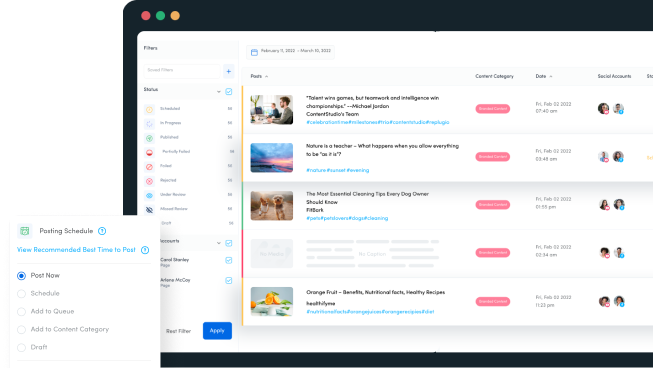
Importance of CTAs in marketing
You’ve just spent hours binge-watching your favourite show on Netflix, and it’s finally time for bed. But wait – before you go, Netflix pops up with a tempting call to action: “Are you still watching?”
We all know how hard it could be to resist hitting that “continue watching” button, and that’s the power of a well-crafted CTA.
Here are some reasons why CTAs are important in marketing.
-
Drive conversions
CTAs play a crucial role in motivating users to take a desired action, such as making a purchase, signing up for a newsletter, or downloading a resource. For example, a CTA like “Buy Now and Save 20%” can incentivise potential customers to complete a transaction by offering them a limited-time discount.
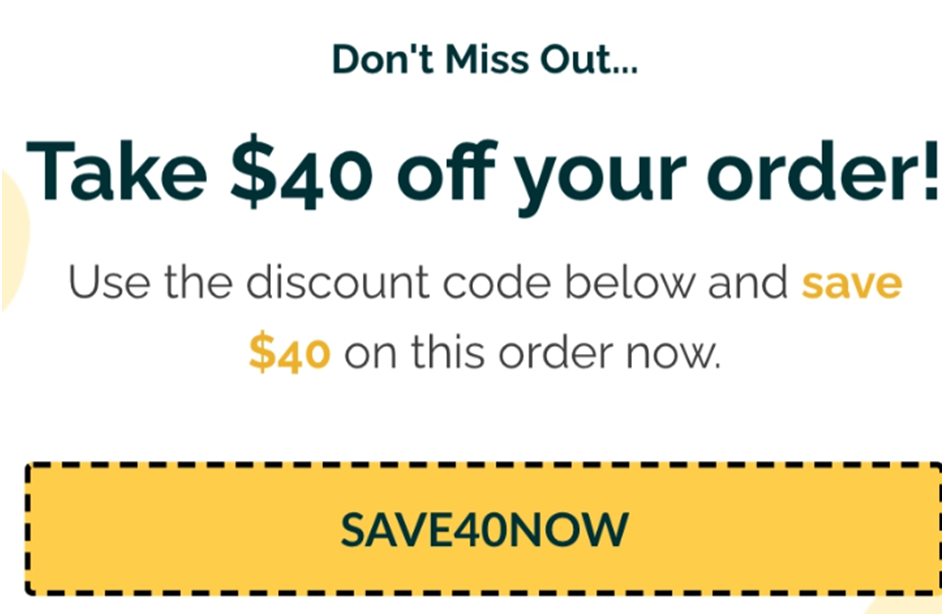
-
Increase engagement
CTAs can boost user engagement on your website or social media platforms. A CTA like “Join the Conversation!” on a blog post can motivate visitors to leave comments and interact with other users.
Social Customer Service
Never miss a message or comment from your social media audience. Try ContentStudio’s Inbox.
Get Started for FREE
-
Guide users through the sales funnel
CTAs help users navigate the sales funnel by providing clear instructions on the next step. For instance, a CTA on a landing page that says “Download Your Free E-book” directs users towards a lead magnet, allowing you to collect contact information for future marketing efforts.
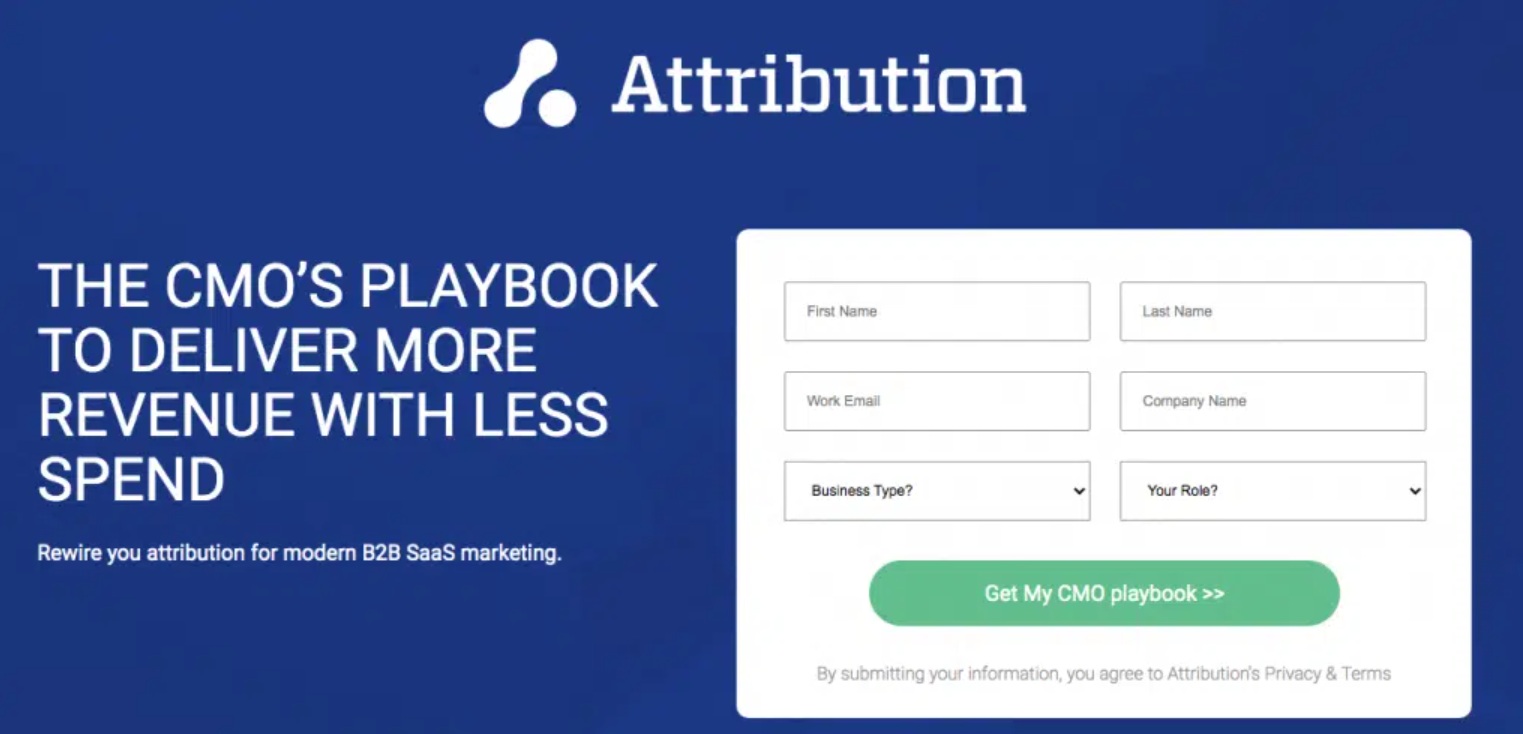
-
Enhance user experience
CTAs make it easy for users to understand what action is required. For example, a CTA that says “Schedule a Free Consultation” on a website simplifies the process for potential clients to use online appointment scheduling and book an appointment, reducing friction in the user journey.

-
Track campaign performance
CTAs are useful for measuring the effectiveness of marketing campaigns by tracking click-through and conversion rates.
Social Media Analytics
Fine-tune your social media strategy for success with in-depth analytics and white-labeled reports.
Get Started for FREE
Different types of CTAs used in marketing strategies
CTAs come in different shapes and sizes, and their effectiveness depends on the context and objective of your marketing campaign. Here are some different types of CTAs that are commonly used in content marketing strategies.
-
Button CTAs
These clickable buttons include action-oriented text like “Shop Now” or “Download Now” and are usually placed on a website or landing page.
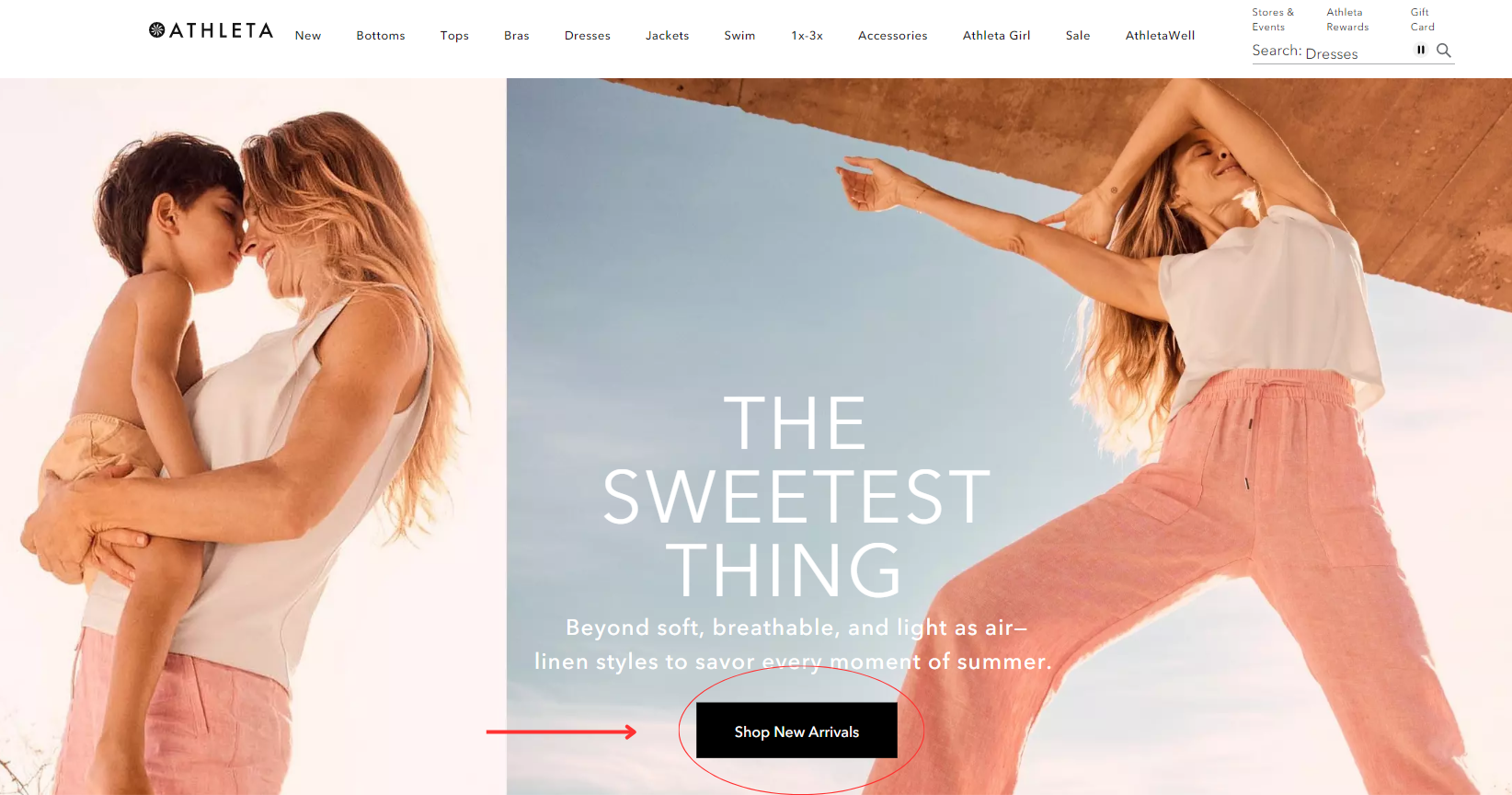
-
Text CTAs
These are hyperlinked text within content that encourages readers to take action.
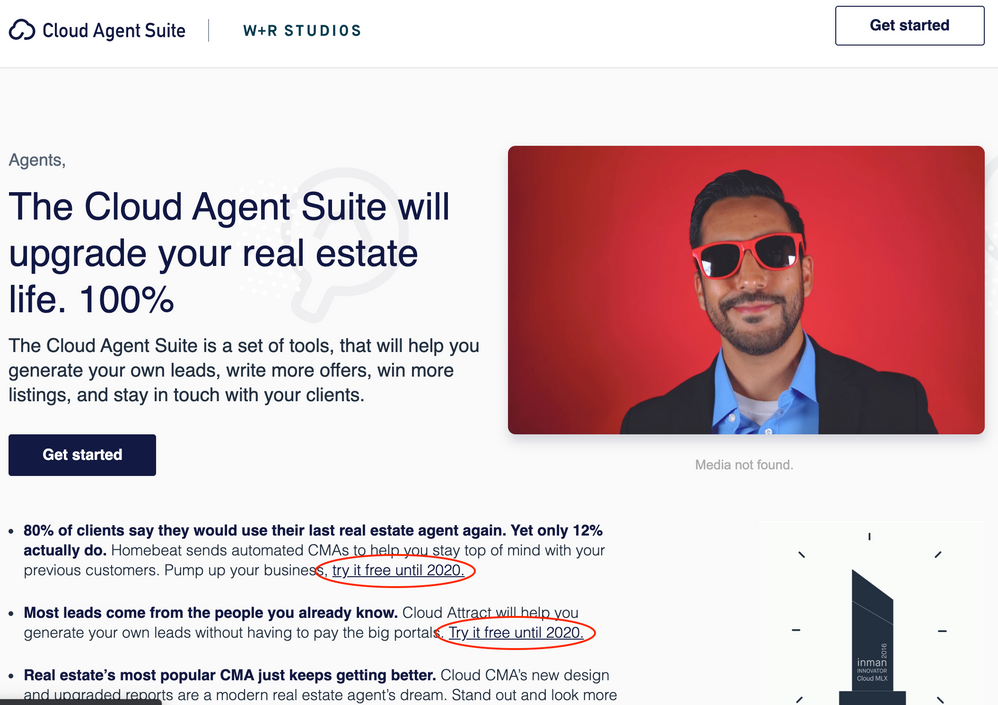
-
Image CTAs
These are graphics or images that have a call-to-action overlaid on top of them. They can be used on websites, landing pages, or social media posts.

-
Pop-up CTAs
These are usually pop-up windows that appear whenever a user takes a specific action on a website or after a certain amount of time has passed.

-
Form CTAs
These are CTAs that appear at the end of a form, encouraging the user to submit the form.
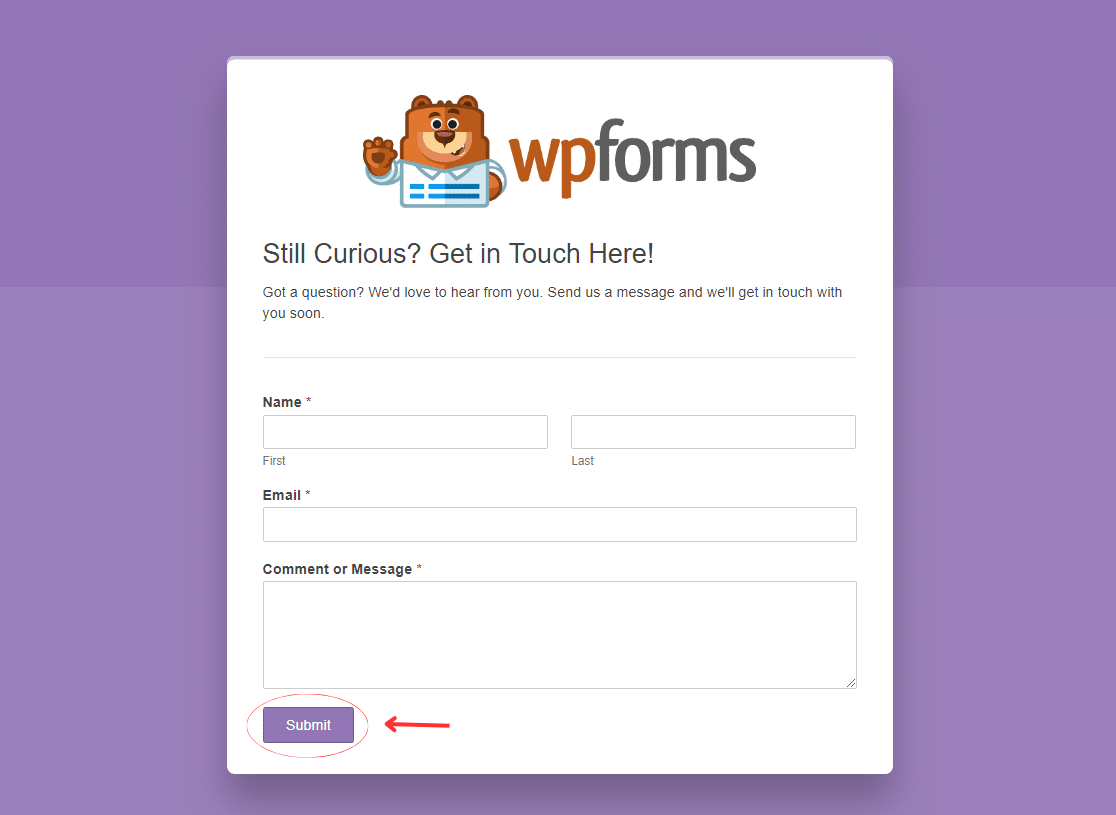
-
Social media CTAs
These are CTAs that encourage the audience to engage with your business on social media by following or sharing your content.
Tips for creating compelling and effective CTAs that drive action in marketing
Creating compelling CTAs is crucial for any marketing campaign. Here are few tips to aid you create CTAs that drive action.
-
Know your audience
Understanding your target audience is key to crafting a CTA that resonates with them. Consider their needs, pain points, and motivations when creating your CTA.
-
Create urgency or a sense of FOMO
Make use of language that creates a sense of urgency, or that creates a sense of fear of missing out (FOMO) to encourage action.
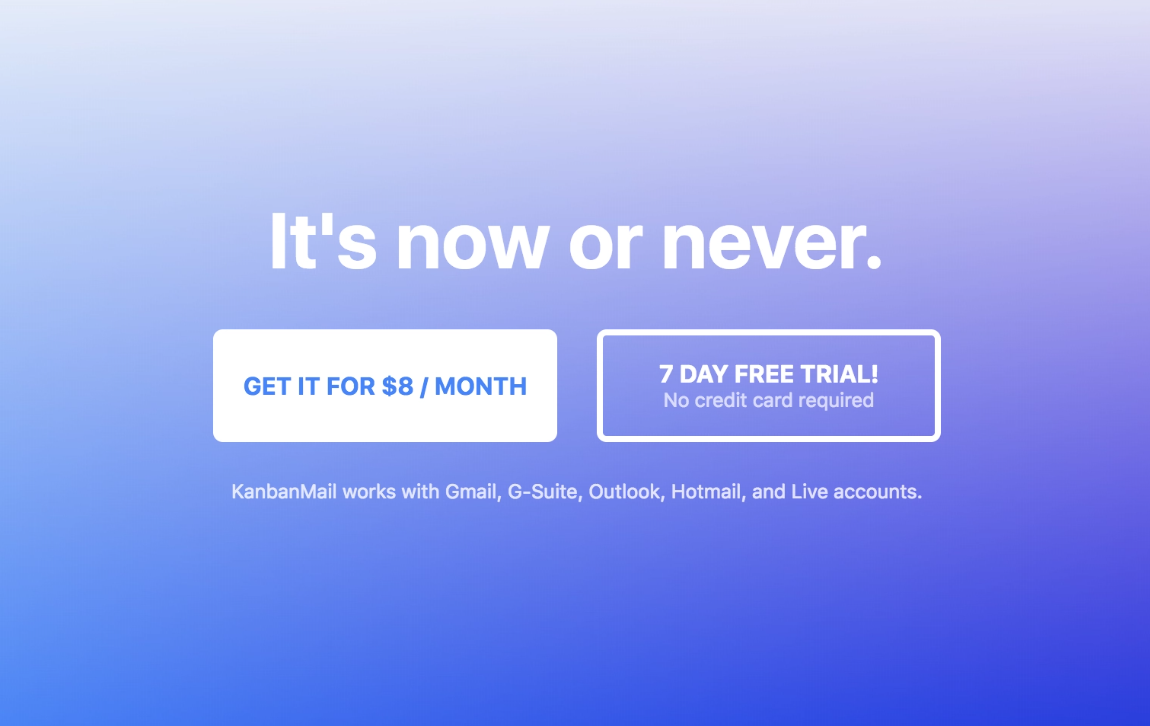
-
Make it visually appealing
Your CTA should be visually appealing and stand out from the rest of your content. Use contrasting colours, bold fonts, and buttons to make it pop.
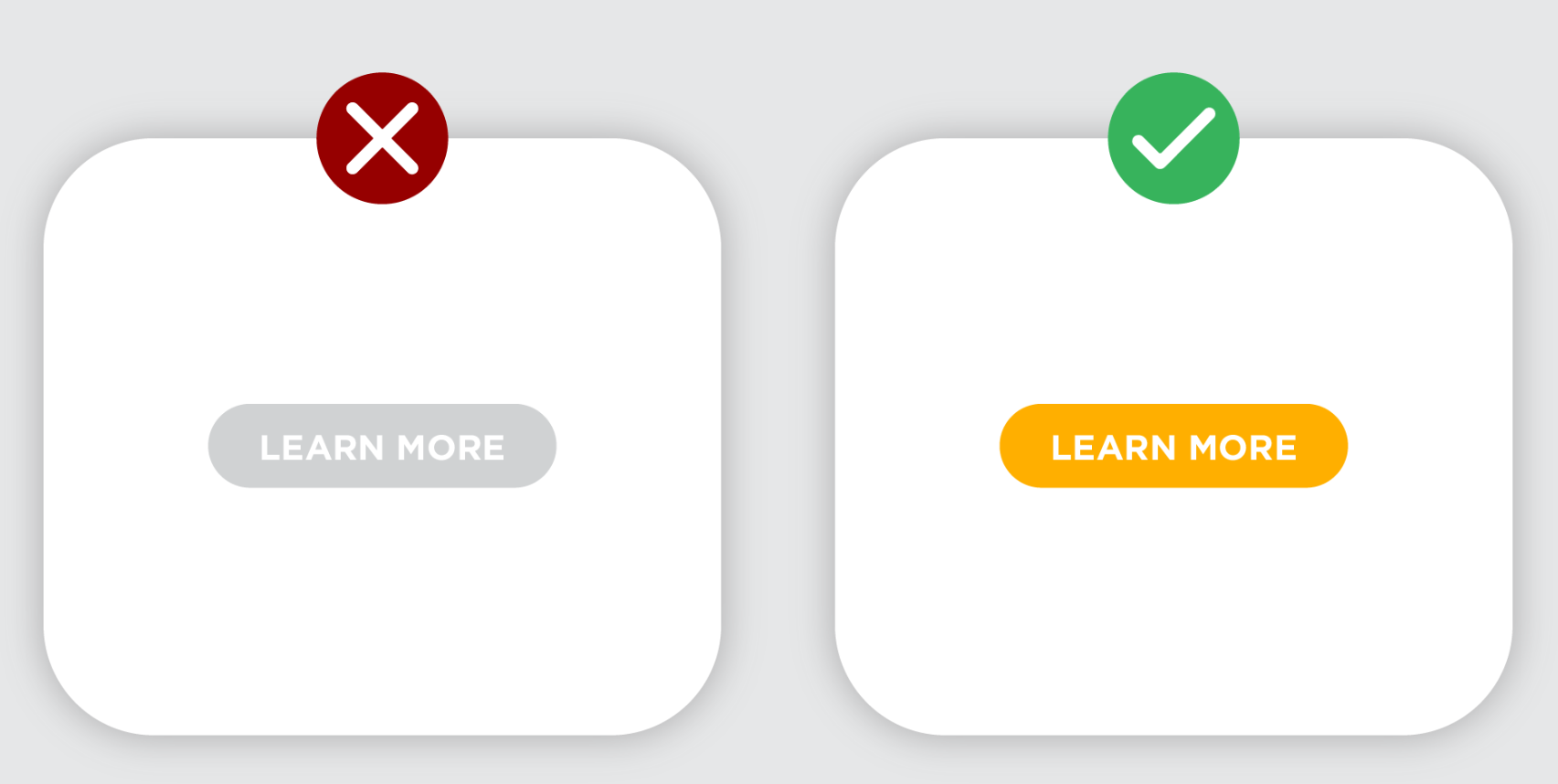
-
Use social proof
Including social proof, such as customer testimonials or user reviews, can increase the perceived value of your CTA and encourage action.

-
Try to make it relevant
Make sure your CTA should be relevant to the content it’s associated with. For example, a blog post about email marketing might have a CTA to download an e-book about email marketing best practices.
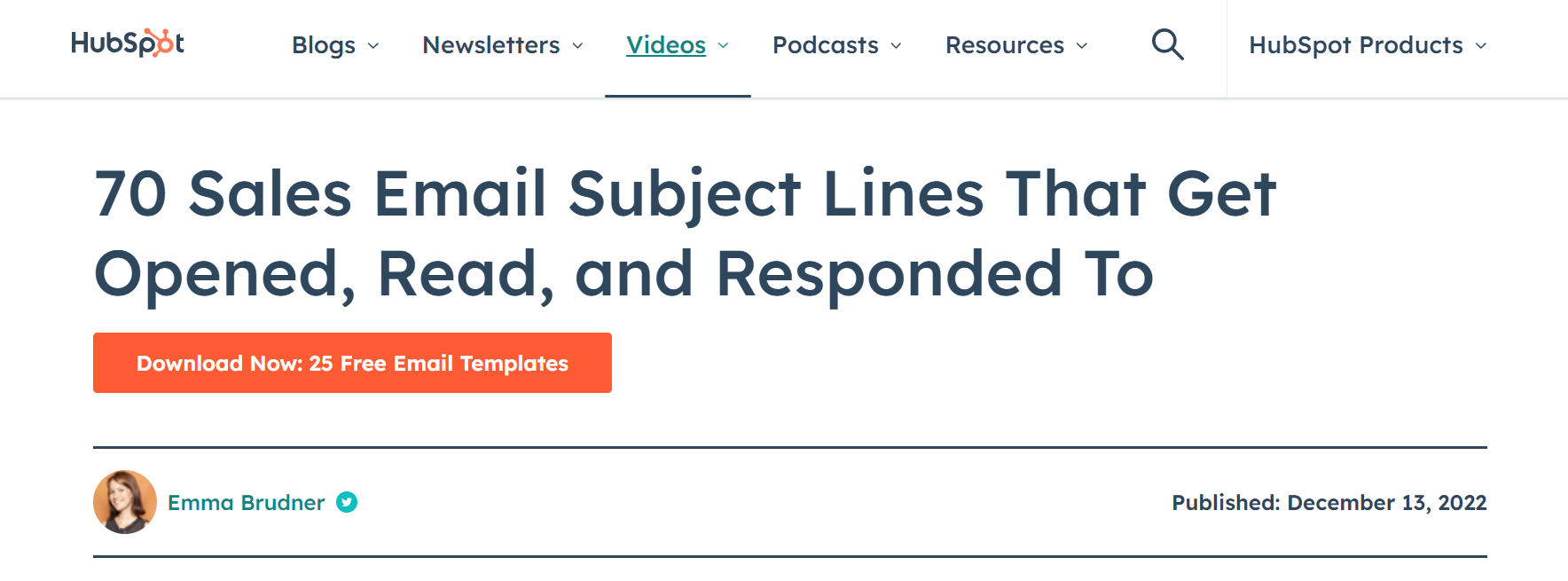
-
Place it strategically
It is essential to place your call-to-action (CTA) in a noticeable location on your website or marketing material where it is easily accessible and visible to your audience.
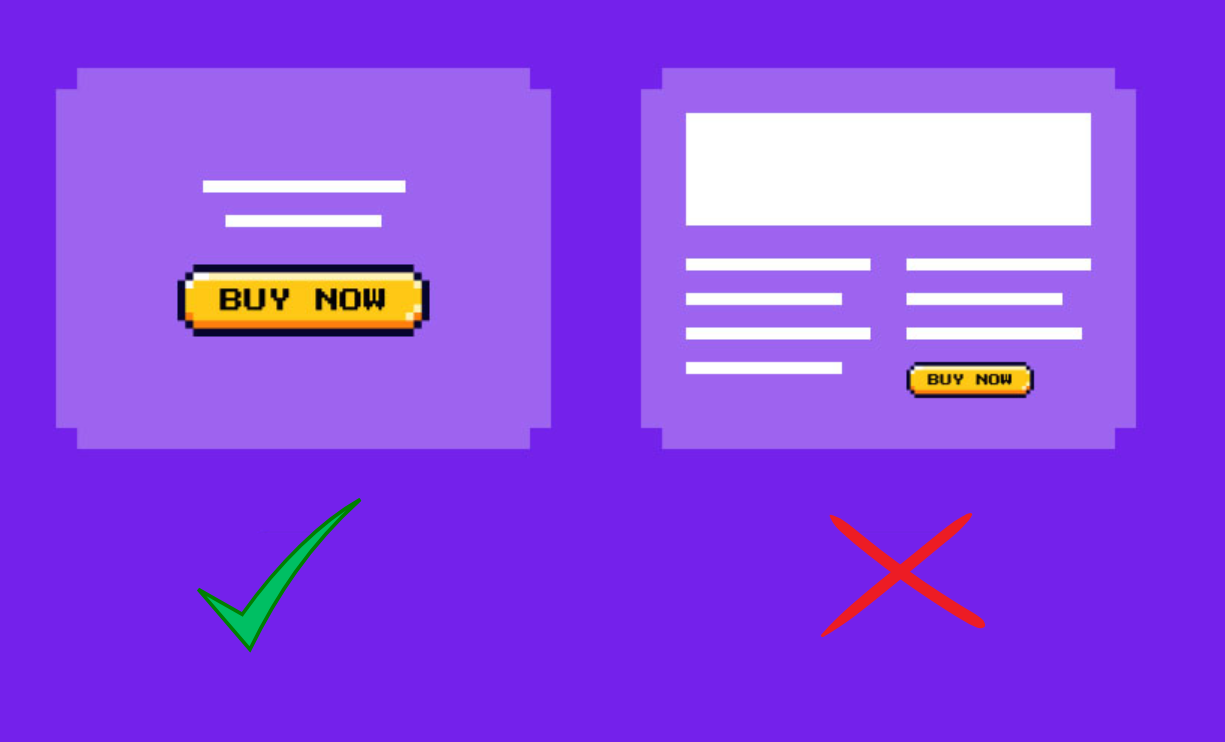
-
Test and optimise
Test out different versions of your CTA to see which ones are the best at driving action. Make use of A/B testing to compare the performance of different CTAs and optimise accordingly.
CTA placement best practices for improved conversion rates in marketing
The placement of CTAs is crucial to improving conversion rates in marketing. Here are some best practices for CTA placement, along with examples of successful implementations.
-
Above the fold
Placing the CTA above the fold ensures that it’s one of the very first things that users see when they visit your website. This placement works well for driving action from users who are already interested in your product or service. For example, Dropbox’s homepage features a large CTA button above the fold, prompting visitors to sign up for their service.
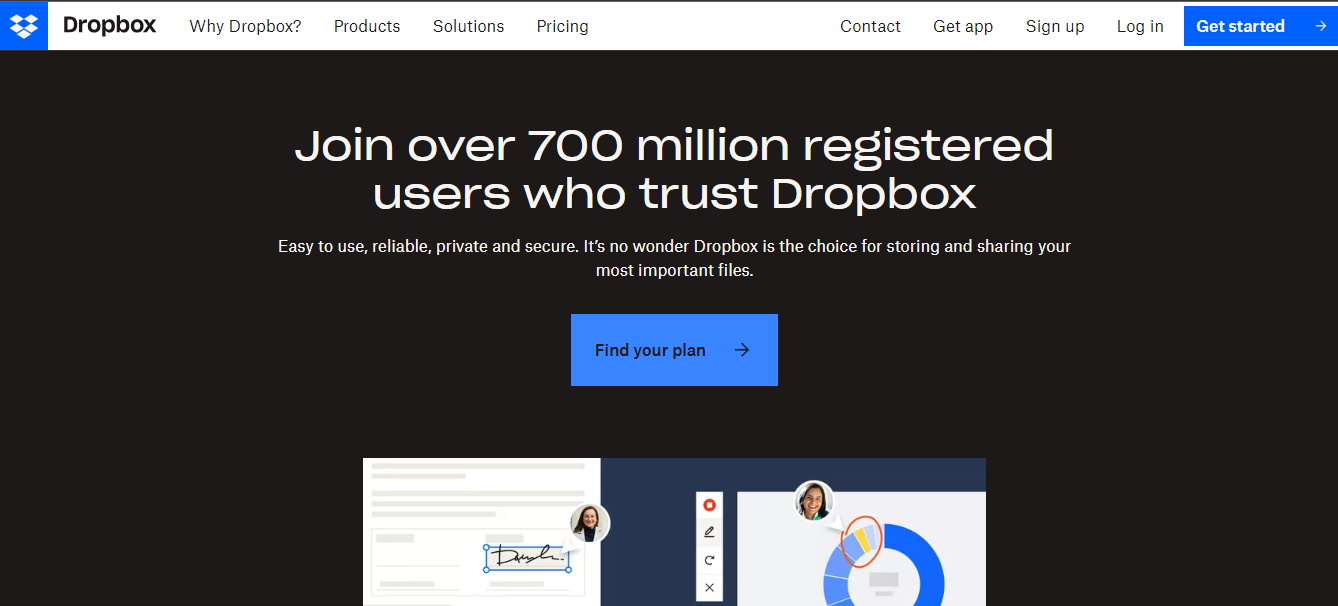
-
In the middle of the content
Placing CTAs within the content of your website or landing page can help break up large blocks of text and draw users’ attention to a desired action you want them to take into account. For example, HubSpot’s blog posts often feature CTAs in the middle of the article, encouraging readers to download additional content.

-
At the end of the content
Its good to place the CTA at the end of your content, where users have completed reading and are ready to take action. For example, blog posts often end with a CTA, prompting readers to subscribe to a newsletter.

-
In pop-ups or overlays
Use pop-ups or overlays to grab users’ attention and prompt action. This encourages them to take action before they leave your website. For example, Grammarly’s website features a pop-up inviting users to download their browser extension for free.

-
In emails
Placing CTAs in emails can be highly effective since users are already engaging with your brand by opening and reading the email. For example, Airbnb’s emails feature CTAs that direct users to book a stay or explore available options.

-
On social media platforms
Attention-grabbing CTAs in your social media posts and bios help drive traffic to your website or specific landing pages. Example: Wendy’s Twitter account often includes CTAs in their tweets, prompting users to visit their nearest location for a specific promotion.
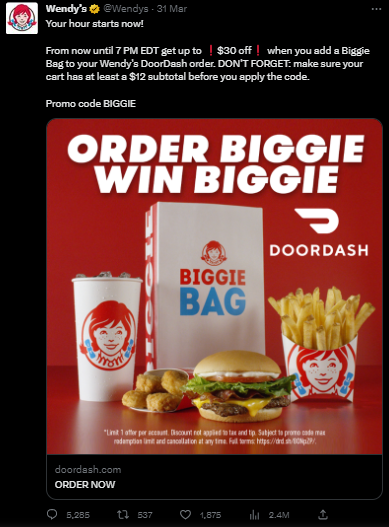
CTAs in different marketing channels
CTAs are essential elements of any marketing strategy & can be used across multiple marketing channels in order to drive conversions.
-
CTAs on websites
Clear and visible CTAs on your homepage, landing pages, or product pages encourage visitors to explore a company’s products or services.

-
CTAs in email marketing
In email marketing, including personalised and compelling CTAs that directly address the recipient can increase click-through rates. These CTA can be placed either in the subject line or the email body.

-
CTAs in social media marketing
Social media marketing is all about eye-catching visuals and clear messaging, so make sure your CTA is concise and stands out with bold text and a contrasting colour scheme.

The easiest way to manage and grow your social channels.
Try ContentStudio for FREE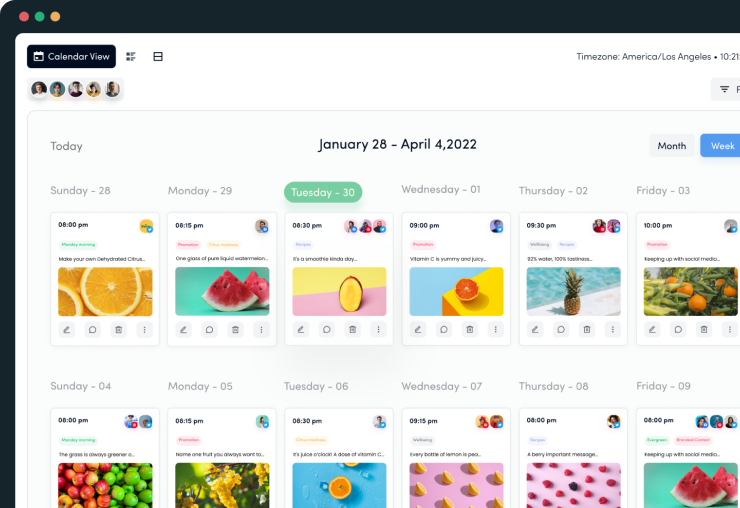
-
CTAs in pay-per-click advertising
The clickable CTA placed prominently in the ad copy encourages the user to take action. It’s important to use language that aligns with the intent of the search query and to align the CTA with your landing page to avoid any confusion.
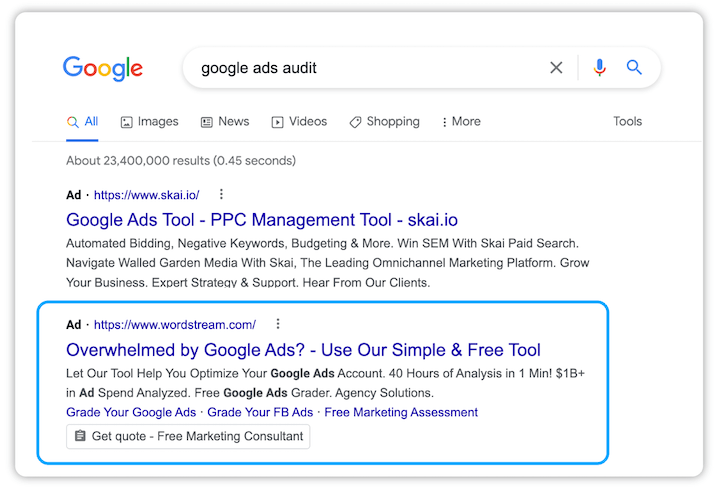
-
CTAs in video marketing
A CTA that is placed at the end of a marketing video can prompt viewers to sign up for a free trial. It’s important to use language that’s consistent with the message in the video and creates a sense of urgency.
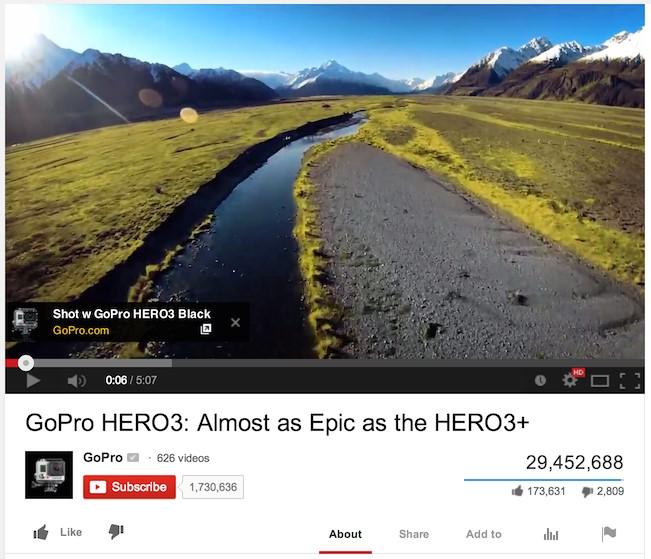
Wrapping up
CTAs are a crucial element in any marketing strategy as they serve as the gateway for driving conversions and achieving marketing goals.
They are not just buttons or links, they are your brand voice and a powerful tool to engage your audience.
By understanding the importance of CTAs and using the tips mentioned in this guide, you’ll be well-equipped to create CTAs that drive action and propel your marketing efforts to new heights.
So go ahead, try experimenting with different types of CTAs, follow our tips, and don’t forget to add a little creativity to your approach.
Subscribe to our weekly newsletter!
Join over 14,500+ agencies and brands to stay informed with weekly social media updates, blogs, strategies, and expert tips right into your inbox!





